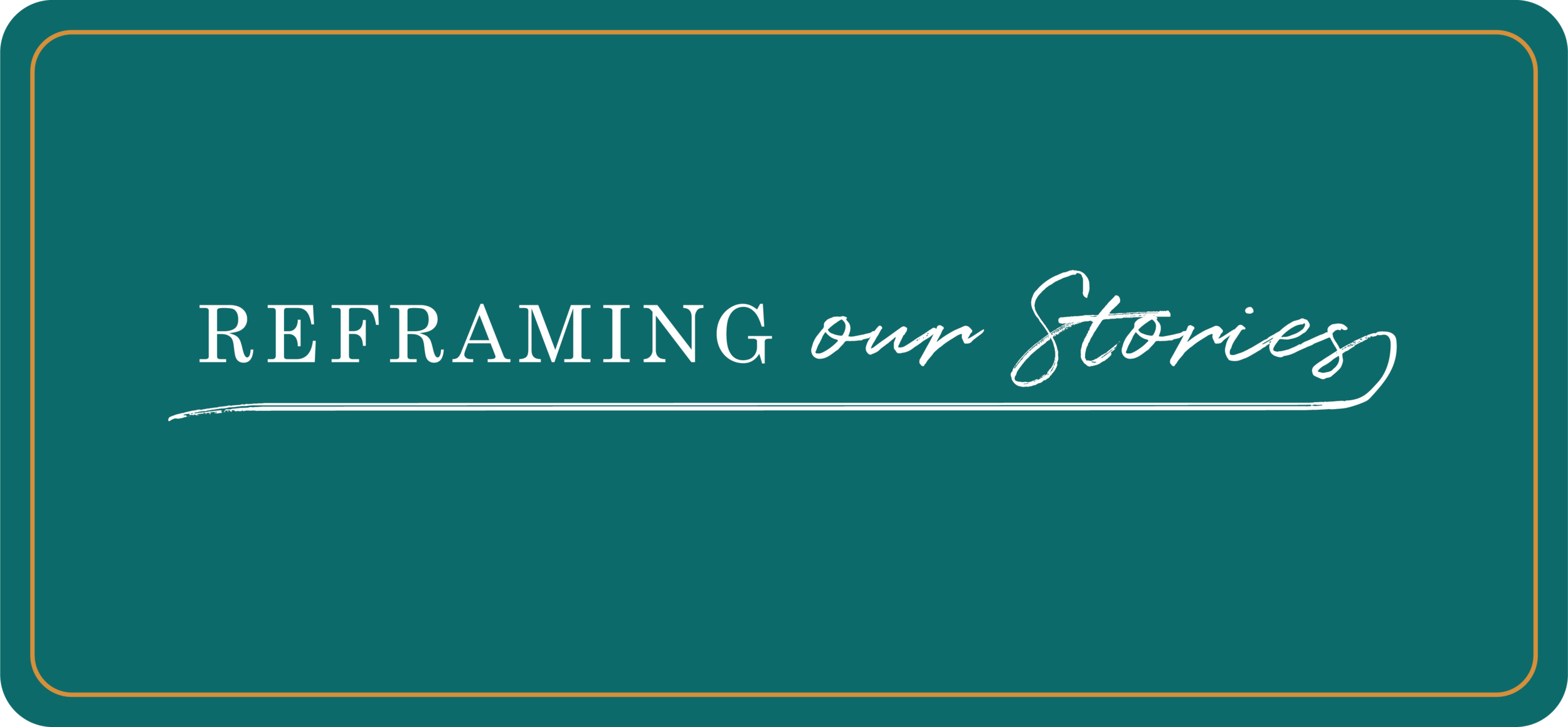Parenting Preteens
“Just wait…” they said, “just wait till when they get to that age.”
I am now parenting a preteen and am starting to understand the horror stories passed down since the beginning of time. I teach about puberty and what happens during these years of awkward change and heightened emotions. These challenging times are to be expected, but even as a mom who is a sex educator, it’s hard to see your own sweet child morph before your eyes into a monster that can haunt your dreams. The Netflix show, “Big Mouth” with the puberty monster depicts these years so accurately.
My own experience is showing me why as parents we may find these times so hard. We are told to live in the present, which can be hard when our past is poking us in the shoulder like an annoying classmate. But, resolving past hurts can be so difficult and it is easier to trudge forward. Having a kid enter puberty is like tearing off a band-aid that has been covering our own open wounds from those years.
Middle school is hard – most everyone I talk with cringes as if they never want to think of it again. But it is hard to not think about when our kids are there and suddenly all the emotions we had to navigate come to the surface. We quickly realize we just want to protect them as that hurt adolescent from our past emerges, demanding attention on long buried emotions, fears, insecurities and uncertainties. I’ve found my own buttons pushed when it has become too much and found myself shouting. Parents and caregivers - it is a lot.
In my case, as my child entered puberty, I found myself crying a lot as my own past hurts resurfaced. Realizing how much work had to be done, I called a therapist. Our past experiences can cause reactions in the present where we can feel a loss of control and an inability to process feelings. This can happen as our children are going through the natural experiences of hormonal changes. Many emotions we feel and reactions are responses to our own pasts. Layer on for those of us in our late 30s - 50s who menstruate, changing hormones that can come with perimenopause. So many hormones in flux at the same time - I see a design flaw here!
If our teens are acting their age, but we are having a fit, we might find ourselves reacting to them not as 30-40-50 year olds, but as our triggered teen selves. Instead of being frustrated, I’ve been working to look at this time as an invitation to look more closely at old wounds the band-aid can no longer cover. What does it need to heal? What steps can be taken to heal? For me, it’s therapy and a large group of friends who knew me at that age. When I react like the hurt teen to my child, I step away, go for a walk or to my room, and seek support from friends. I breathe, collect my thoughts, forgive myself, apologize and try again.
As children, we tell ourselves what we’ll do differently from our own parents. As parents, we want better for our kids than what we had. To make this a reality, it can mean doing the hard work that can feel mildly or horribly uncomfortable as we face our own monsters, acknowledge our past hurts, and process our pain. When we do this, instead of approaching our children as hurt and triggered teens, we are able to meet them as parents and caregivers with curiosity and empathy to provide support and share experiences as they navigate puberty and process their many emotions and feelings throughout their teen years.
